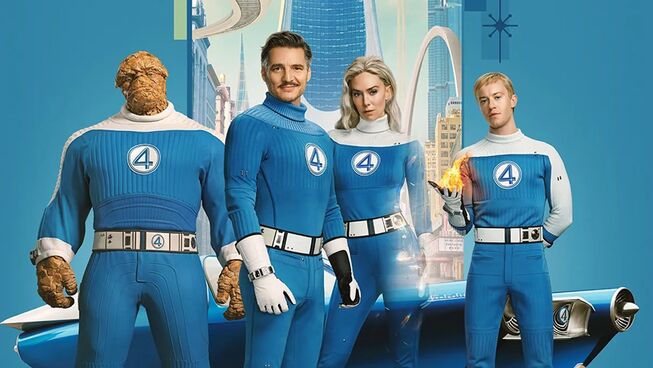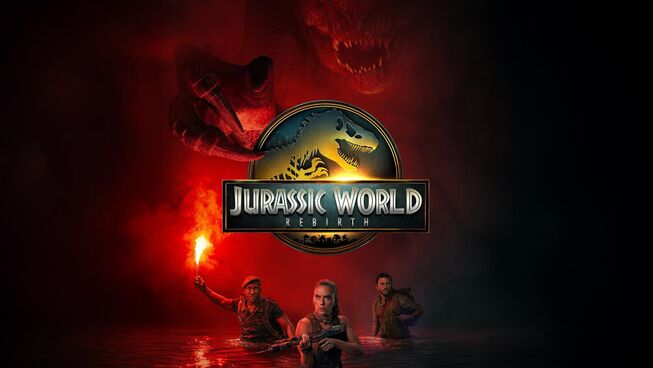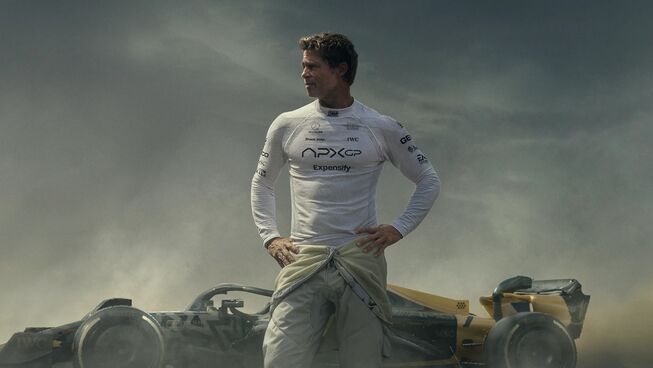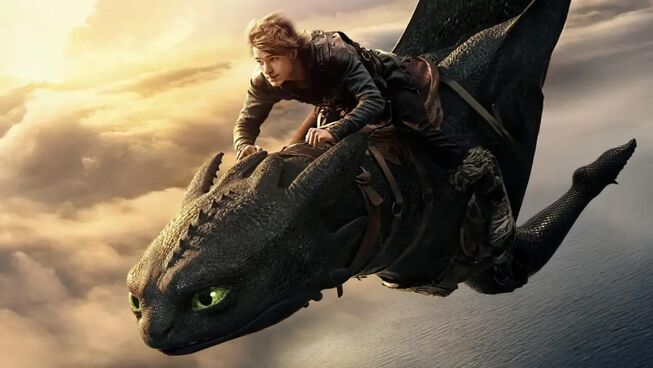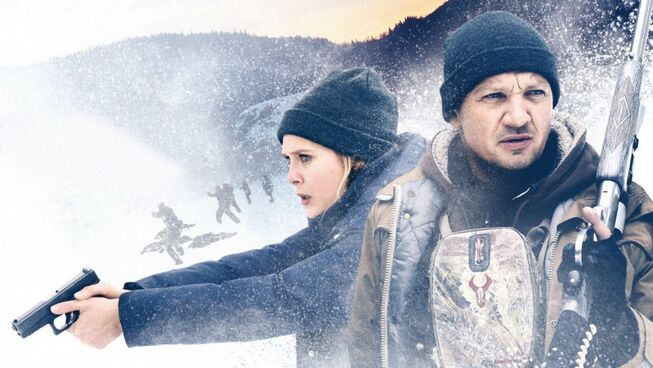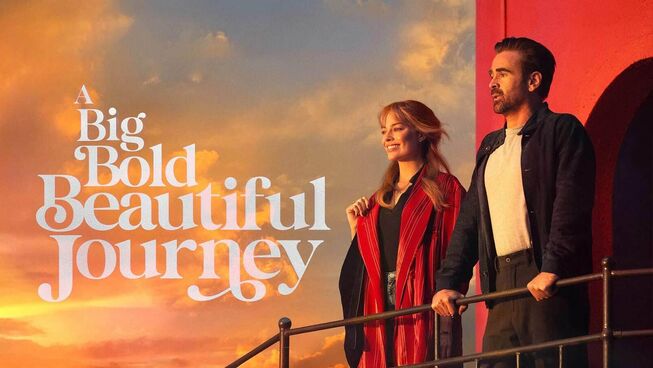Avatar: The Way of Water
⭐️ ⭐️ ⭐️ ⭐️ (out of 5 stars)
One thing to be said of James Cameron (Avatar, Titanic) is that he is an artist that should never be underestimated. Although he does not have the extensive filmography of many of his directorial contemporaries, his work is enviable. Since his career contains some of the most successful films in history and he holds multiple Academy Awards, the Titanic director will inevitably go down as a great. Yet, he has remained in the producer's chair for years, and his much-anticipated sequel to Avatar has taken quite some time to get to cinemas. This delay has caused audiences to wonder if he can capture the same magic that has defined his filmmaking career.
As viewers return to Pandora and get reintroduced to Jake Sully (Sam Worthington) and his clan, there is a familiarity with the messaging and scale of this epic. As we get reintroduced to this fertile world, things have returned to a balance after the ‘Sky people’ were sent off the planet. Yet, it was only a matter of time before humanity would make its presence known to the Omaticaya people once again. After over a decade of planning, the former invaders return and pose a new threat to the various tribes of this planet which contains vast resources. The former Marine now has an extensive family with Neytiri (Zoe Saldaña) and has become their clan's leader. They do all they can to fight off the new threat to their home, Sully eventually determines to take his family away to another part of the planet for the betterment of his people and family. The Sullys find protection and support in the Metkayina reef people and they do all they can to adapt to life in the waters of Pandora. Yet, the familiar threat has its way of finding them and bringing the fight to their beachside home.
Cameron has built a new world that can find its identity in the traditional Westerns of yesteryear. Reminiscent of Dances with Wolves, Last of the Mohicans, or Hostiles, the only difference is that this story occurs on a faraway planet that is invaded by those who want to gain access to its resources. Granted, the possibilities for extended storylines on this world have vast potential as he introduces each people group. While the technology has allowed the award-winning director to take 3D animation to a new level, the story will remain familiar to audiences. One where cultural battles occur between people groups who must adapt to different fighting tactics and weapons. Yet, within this production, the cinematography and visual effects should to be celebrated as it is difficult to discern what is real from the animated creatures.
Once the viewer gets past the fantastic visual effects and gets used to wearing 3D glasses again, they may realise that the story has remained the same. Cameron leans into the animistic and conservation messaging from the original film with a directness that is rather heavy-handed at times. This people group and their creatures and the sea creatures have a Maori-feel to them, but the core messaging remains the same. Even though action sequences make this adventure engaging at times, they need to come faster. Within this chapter, there are less battles and more is reliant on discussions that connect the characters to the spiritual elements of Pandora along the vilification of the Marine-driven invaders. This leads to the overall experience to be more preachy than entertaining. Many fans may ask why there was a need for a run time of 192 minutes to retell a story built on the same basic structure of the 2009 film?
Like most films of this era, there is an emotional push towards the value of family, except this franchise does not have the extensive action of Fast and the Furious or others that rely on this trope. Yet, once audiences get settled into this water-based world, they will begin to realise they have been here before. From the villain to the overarching themes, Avatar: The Way of Water is surprisingly unoriginal and may have audiences wondering why it took so long to get this sequel to cinemas. James Cameron is a visionary and pioneer in the film industry. Still, this project exposes the wizard behind the curtain that hopes no one notices the less-than-original message has been masked by some very expensive smoke and mirrors.
Reel Dialogue and Third Space have entered the world of YouVersion: Download the app, dive into the plans, and engage with the Bible in a fresh and exciting way.
Reel Dialogue: Where are all of the good leaders?
One thing that stands out in Avatar: The Way of Water is the value of decisive leadership in society and families. This storyline even exposes a person's identity while within a crucible atmosphere.
Most of the celebrated leaders throughout history may have been flawed. Still, despite their weaknesses, they can rise above themselves to impact history. In our current portion of history, there are few leaders to celebrate, which forces people to look to the past for good examples. An unassuming leader who rose to the challenges set before him was a servant of a king who became the saviour of a nation. The story of courage, considerable opposition, and the right man at the right time in history. Nehemiah's is a fascinating study of leadership and exceptional focus on achieving the goals set before him that rivals and exceeds most of the leaders portrayed in cinema today.


